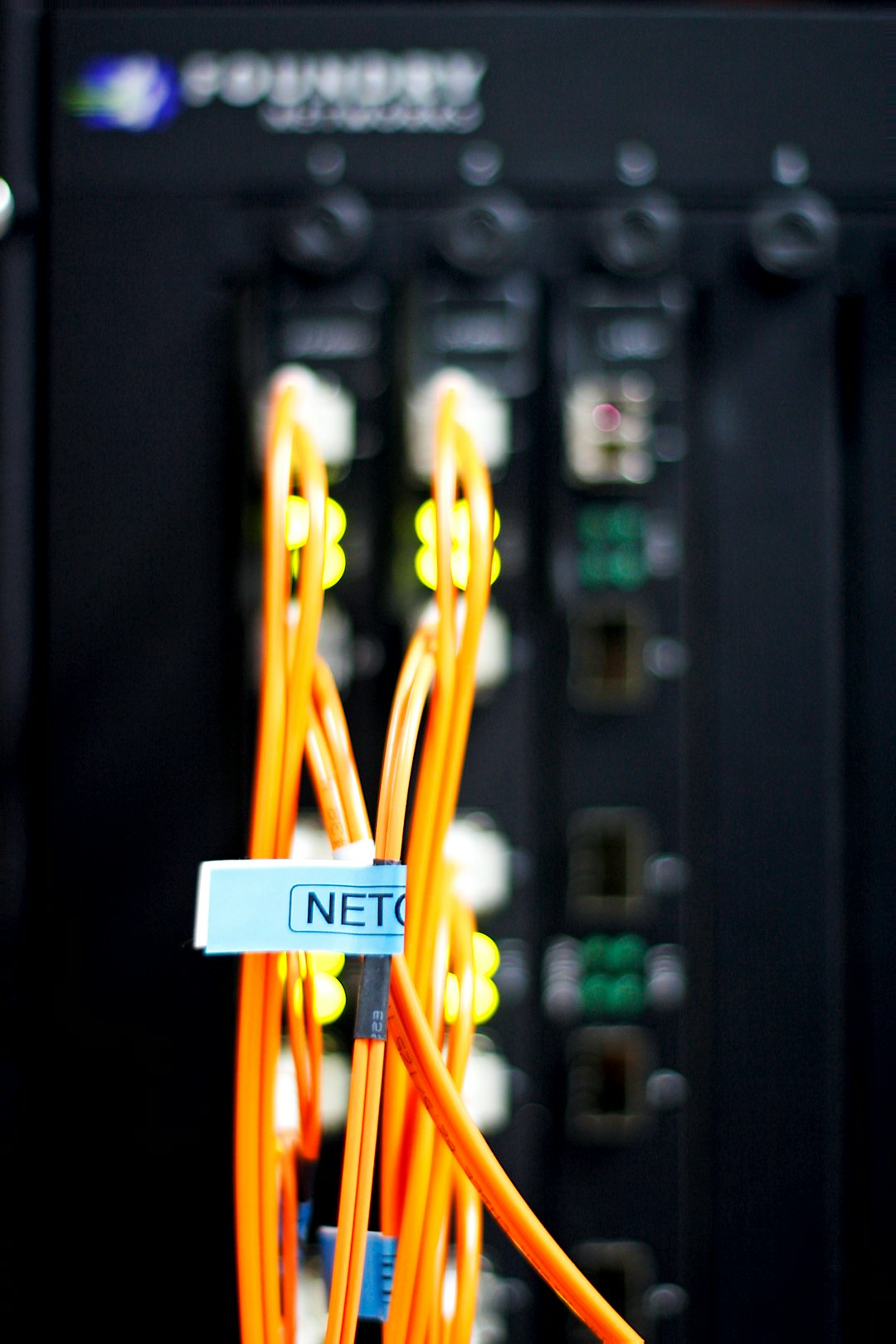Accessing data through proxies has become a mainstay for businesses, developers, and digital marketers looking to gather reliable, secure, and geo-targeted online information. Among the various types of proxies available, residential proxies stand out for their authenticity and low detectability. However, within residential proxies, two primary categories exist—static and rotating proxies. Understanding the difference between them and knowing when to use each is essential to optimize performance and protect your operations.
What Are Static Residential Proxies?
Static residential proxies are IP addresses assigned to homes by Internet Service Providers (ISPs) but remain unchanged for an extended period. These proxies offer a consistent identity throughout a session, making them ideal for tasks requiring stability and reputation.
Typically hosted on servers and leased from ISPs, these proxies allow users to retain the same IP address over multiple requests. This makes them highly suitable for applications like:
- Managing multiple social media accounts
- Web login automations
- Accessing account-based services
- Running smoothly on platforms with aggressive anti-bot policies

What Are Rotating Residential Proxies?
Rotating residential proxies, on the other hand, dynamically change the IP address at set intervals or after each request. They leverage a larger pool of real residential IP addresses, often provided by legitimate devices volunteered for this service.
This rotation feature makes them extremely effective for scraping large volumes of web data without being blocked. Common use cases include:
- Web scraping and data extraction
- Ad verification
- SEO and SERP tracking
- Market research and price comparison

Static vs. Rotating Residential Proxies: Key Differences
Both proxy types offer anonymity and access to geo-restricted content, but they differ significantly in how and when they should be used. Here is a breakdown of the main distinctions:
| Feature | Static Residential Proxy | Rotating Residential Proxy |
|---|---|---|
| IP Persistence | Remains the same throughout the session | Changes automatically over time or per request |
| Ideal Use Cases | Account management, social media, login sessions | Web scraping, ad verifications, SEO audits |
| Risk of IP Block | Lower when used responsibly | Very low due to constant rotation |
| Speed | Typically faster due to server infrastructure | May vary depending on peer connection |
When to Use Each Type
Choosing between static and rotating residential proxies ultimately depends on your needs:
Use Static Residential Proxies When:
- You need session persistence and login access
- You’re managing multiple accounts on sites that restrict frequent IP changes
- Platform trust and long-term IP association is important
Use Rotating Residential Proxies When:
- You’re collecting large-scale data across multiple sites
- You need to avoid detection and maximize anonymity
- You want to minimize the likelihood of hitting IP bans or rate limits

Conclusion
Both static and rotating residential proxies serve different strategic functions. While static proxies excel in situations requiring a consistent online identity, rotating proxies are unmatched when handling high-volume, anonymous data requests. Evaluating the scope, sensitivity, and risk tolerance of your operations can help you choose the best proxy type for your needs.
FAQ
- Q: Are static residential proxies more reliable than rotating ones?
A: They are more reliable for tasks requiring consistent IP addresses, such as account management and login sessions. - Q: Can rotating proxies be used for social media automation?
A: While possible, they’re not ideal due to frequent IP changes that can be flagged as suspicious by social platforms. - Q: Which proxy type offers better anonymity?
A: Rotating residential proxies offer better anonymity because they constantly switch IPs, making tracking difficult. - Q: Are static proxies faster than rotating proxies?
A: Generally, yes. Static proxies often run on dedicated servers, whereas rotating ones rely on varying peer connections. - Q: Is it legal to use residential proxies?
A: Yes, using residential proxies is legal in most regions, as long as they are sourced ethically and used for legitimate purposes.
